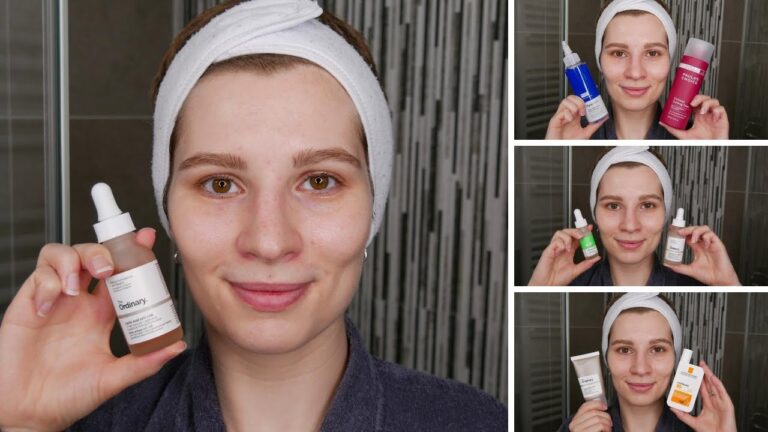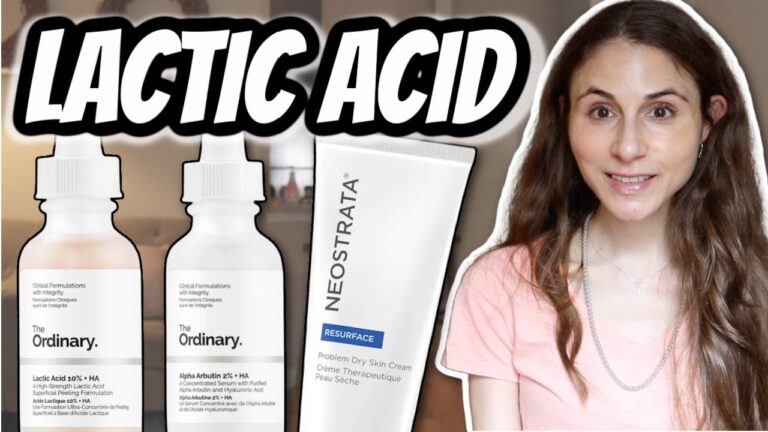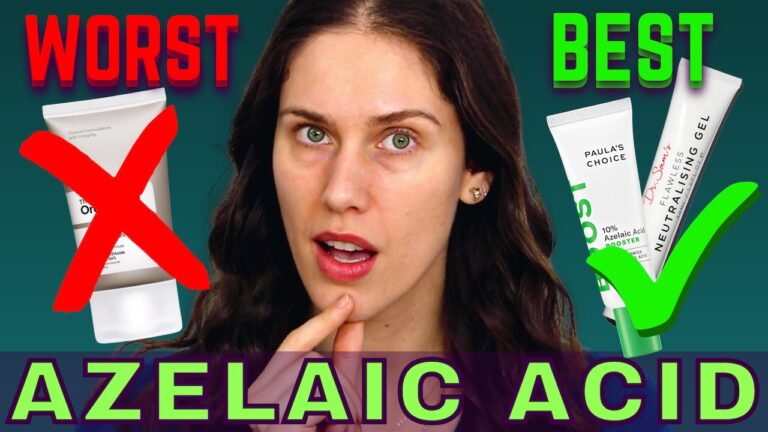Is Niacinamide an Active Ingredient in Skincare Products?
Niacinamide is an ingredient that has been gaining popularity in the skincare industry in recent years. Many skincare enthusiasts swear by its benefits, but is niacinamide really an active ingredient? Let’s dive deeper into the science behind niacinamide and its role in skincare.
What is Niacinamide and how does it work?
Niacinamide, also known as vitamin B3, is an essential nutrient for the body. It plays a crucial role in energy metabolism and DNA repair. When it comes to skincare, niacinamide is a powerful antioxidant that helps protect skin from free radical damage. It also helps reduce inflammation, which can lead to a range of skin concerns such as acne, rosacea, and eczema. Additionally, niacinamide aids in the production of collagen and ceramides, which helps maintain the skin’s barrier function and keeps it looking healthy and youthful.
Is Niacinamide an Active Ingredient?
An active ingredient is defined as a substance that produces a biological or pharmacological effect in the body. Niacinamide does not produce any immediate visible effects on the skin. However, it is considered an active ingredient because of its ability to improve the overall health and function of the skin. Niacinamide has been extensively studied for its various properties and has been proven to be effective in improving skin texture, reducing the appearance of fine lines and wrinkles, and minimizing hyperpigmentation.
Benefits of Niacinamide in Skincare
One of the most significant benefits of niacinamide is its ability to reduce sebum production. Sebum is the natural oil that is produced by our skin to moisturize and protect it. However, excessive sebum production can lead to oily skin, clogged pores, and acne breakouts. Niacinamide helps regulate sebum production and can prevent acne from forming. It also has anti-inflammatory properties that help reduce the redness and swelling associated with acne.
Another benefit of niacinamide is its ability to improve skin hydration. It increases the production of ceramides in the skin, which helps keep it moisturized and prevents dryness. Niacinamide also enhances the skin’s barrier function, which helps protect it from external aggressors such as pollution and harsh weather conditions.
Using Niacinamide in Skincare
Niacinamide is a versatile ingredient that can be incorporated into a wide range of skincare products. It is typically found in serums, moisturizers, and toners. When using niacinamide, it is important to pay attention to the concentration. A concentration of 2-5% is generally considered effective in improving the skin’s overall health and function. However, concentrations as high as 10% have been studied and found to be safe and well-tolerated by most individuals.
Conclusion
Niacinamide is undoubtedly an active ingredient in skincare. While it may not produce immediate visible effects on the skin, it is a powerful antioxidant that has numerous benefits when used consistently and correctly. Its ability to regulate sebum production, improve hydration, and protect the skin from external aggressors make it a valuable addition to any skincare routine.
- The Ordinary Niacinamide 10% + Zinc 1% – A popular serum that contains 10% niacinamide and 1% zinc to regulate oil production and reduce breakouts.
- CeraVe PM Facial Moisturizing Lotion – A lightweight moisturizer that contains 4% niacinamide to improve hydration and strengthen the skin’s barrier function.
- Paula’s Choice 10% Niacinamide Booster – A concentrated serum that contains 10% niacinamide to improve the appearance of fine lines, wrinkles, and hyperpigmentation.
Contents
Most searched products:
Is Niacinamide an Active Ingredient in Skincare Products?
5 Surprising Ways The Ordinary Lash Serum Can Transform Your Lashes
Unveiling the Wonders of The Ordinary Red Mask: Benefits, Ingredients, and How to Use It
Transform Your Brows with The Ordinary Hair Serum: A Comprehensive Guide
Say Goodbye to Oily Feet with These Proven Tips and Tricks
Ultimate Guide: How to Effectively Combine Salicylic Acid and Vitamin C for Flawless Skin
10 Tips for Perfect Lash and Brow Grooming
Exploring the properties and uses of imide: A comprehensive guide
Sederma: Revolutionizing Skincare with Innovative Solutions
Achieve Youthful Skin with The Ordinary Retinol 0.2 in Squalane










